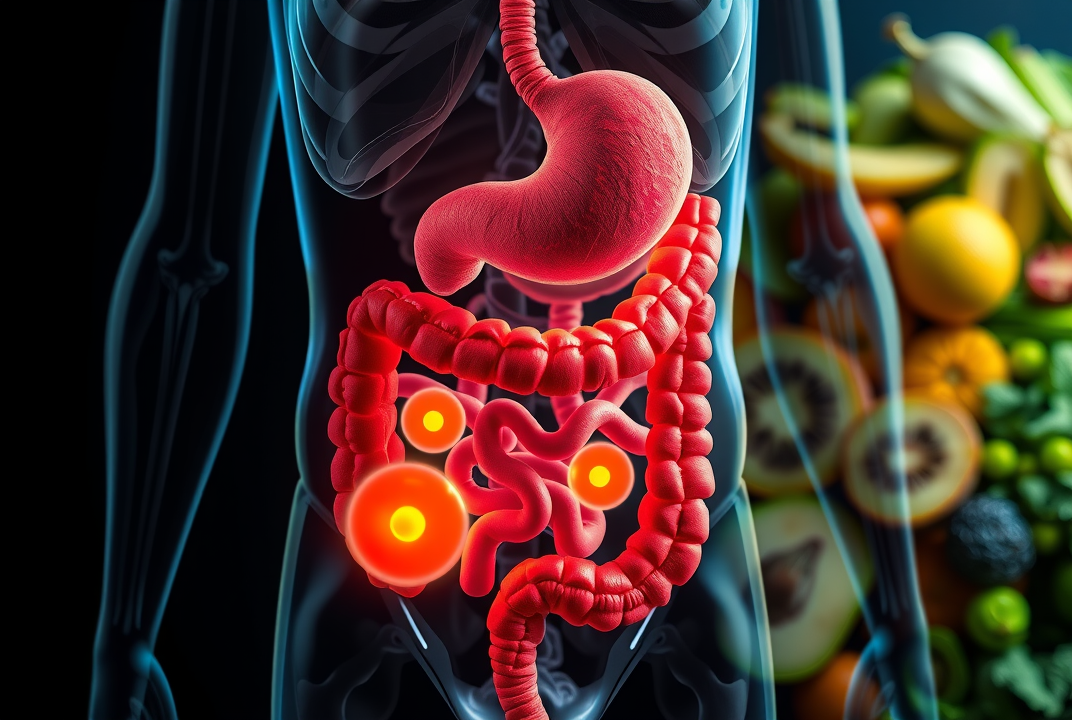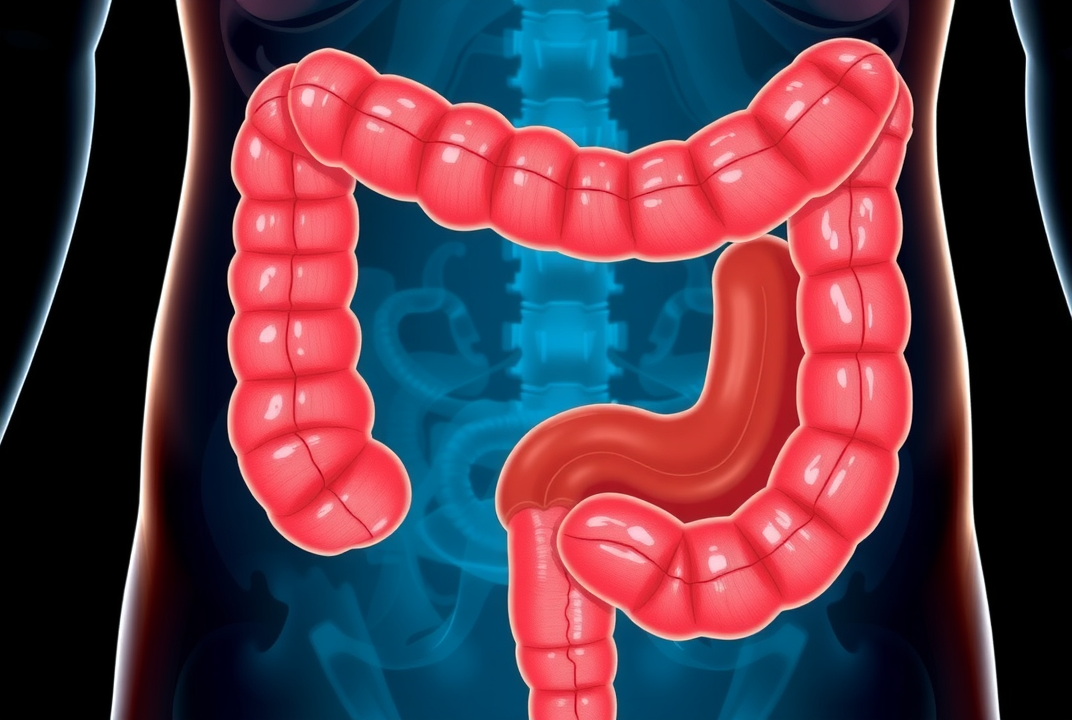Demystifying Diverticulitis Flare-Ups: Symptoms and Causes

Introduction
Did you know that diverticulitis is one of the most common digestive disorders in older adults? Many people live with this condition without realizing they might experience sudden flare-ups. Understanding how and why these flare-ups happen can equip you with the awareness needed to manage them effectively.
In this post, we will explore the symptoms and causes of diverticulitis flare-ups. Readers will learn the typical signs to watch out for, the underlying reasons for these acute episodes, and some practical measures to handle this condition.
What is Diverticulitis?
Diverticulitis is a condition that arises when small, bulging pouches called diverticula form in the digestive tract and become inflamed or infected. These pouches are more common in the colon and are often harmless. However, when they become inflamed, they can cause severe abdominal pain and other complications.

Symptoms of Diverticulitis Flare-Ups
Identifying the symptoms of a diverticulitis flare-up is crucial for seeking timely medical intervention. Here are the common signs to be aware of:
-
Abdominal Pain: Often severe and usually located on the lower left side of the abdomen.
-
Fever: A sudden rise in body temperature can occur, indicating an infection.
-
Changes in Bowel Habits: This can include constipation or diarrhea.
-
Nausea and Vomiting: Some patients experience these, especially if the body is fighting an infection.
-
Bloating and Gas: Feeling of fullness or bloating can be prevalent.
If any of these symptoms persist, consulting a healthcare professional is advised.
Causes of Diverticulitis Flare-Ups
Understanding what triggers a diverticulitis flare-up can help in managing the condition better. Some key causes include:
-
Low Fiber Intake: A diet low in fiber can slow down digestion, increasing the likelihood of inflammation in diverticula.
-
Stress: Emotional stress may worsen symptoms, affecting gut health.
-
Lack of Exercise: Physical inactivity contributes to poor digestive health, potentially leading to flare-ups.
-
Certain Medications: Some medications, like nonsteroidal anti-inflammatory drugs (NSAIDs), might irritate the stomach lining and cause complications.
Mitigating the Risk and Managing Flare-Ups
Proactively managing diverticulitis can prevent frequent flare-ups. Here are some practices you can adopt:
-
Increase Fiber Intake: Opt for fiber-rich foods such as fruits, vegetables, and whole grains.
-
Stay Hydrated: Drinking plenty of water helps maintain digestive health.
-
Regular Exercise: Engage in regular physical activity to boost overall intestinal health.
-
Monitor Your System: Pay attention to symptoms and seek medical advice when needed.

Conclusion
Diverticulitis flare-ups can be both painful and frightening. By understanding the symptoms and causes, managing the condition becomes more accessible. Remember, a balanced lifestyle focusing on diet, exercise, and stress management can play a significant role in maintaining good digestive health.
If you suspect you might be experiencing symptoms related to diverticulitis flare-ups, please consult with a healthcare provider for a comprehensive check-up.